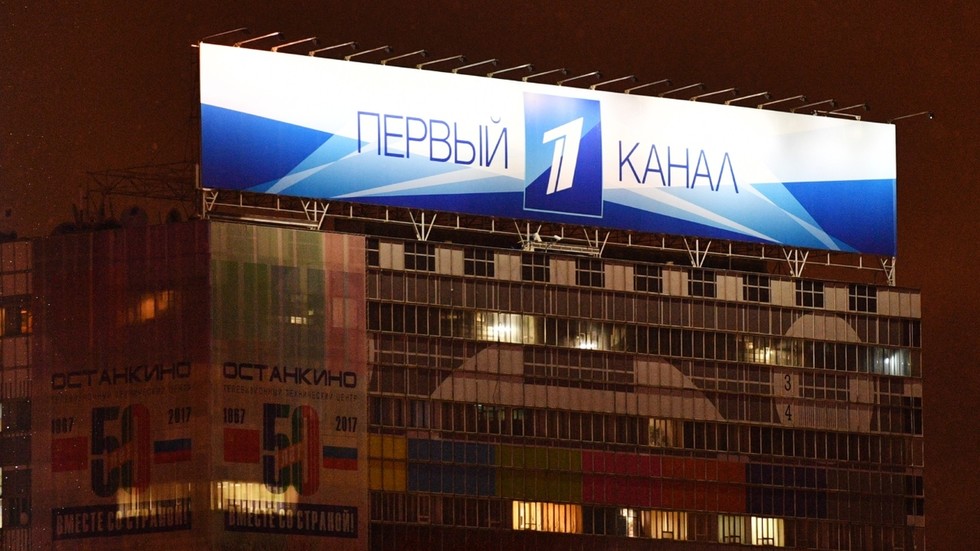The German government’s decision to shut down the Berlin bureau of the Russian state broadcaster Channel 1 has ignited significant controversy amid escalating tensions between Germany and Russia. Following a directive to leave by early December, Channel 1’s journalists, correspondent Ivan Blagoy and cameraman Dmitry Volkov, were informed of their expulsion based on national security concerns. The German authorities justified their actions by asserting that the broadcasting activities of Channel 1 threaten public order and security not only within Germany but also throughout the European Union. Despite restrictions on its website, the network continues to reach Russian-speaking audiences in Germany, raising alarms among German officials about its potential to influence public opinion adversely. This incident marks a critical juncture in the ongoing struggle over media freedom and reporting standards in Europe, particularly concerning state-funded entities like Channel 1.
In the wake of the expulsion, the Russian government vowed to respond, with Foreign Ministry spokeswoman Maria Zakharova stating that “retaliatory measures” would soon be announced. The tension encapsulates a broader narrative of mistrust and conflict between Russia and Western nations, particularly in the context of ongoing geopolitical strife. Channel 1 has been at the center of allegations regarding its role in disseminating pro-Kremlin propaganda, which is believed to undermine democratic values and promote far-right ideologies within Germany. German authorities highlighted worrying reports suggesting that the network’s narratives have fostered deep-seated mistrust in democratic institutions among Russian-speaking communities, exacerbating the societal divides in an already polarized political landscape.
The crackdown on Channel 1 is part of a more extensive series of measures instituted by Western European governments since the onset of the Russian military campaign in Ukraine in early 2022. Following that escalation, several Russian media outlets, including prominent networks like RT and Sputnik, faced bans across the European Union. This trend exemplifies a more significant effort to counteract perceived informational threats posed by Russian state-sponsored media. However, journalists such as Blagoy argue that these actions represent a chilling attack on press freedoms, which are fundamental to democratic societies. They contend that the goal of their reporting is to provide accurate information, thus framing the expulsion as an infringement of their rights.
Moreover, the situation underscores the precarious relationship between media, state, and public perception during times of heightened national and international conflict. The arrest of German citizens in connection to the unauthorized broadcasting of Russian channels further demonstrates the lengths to which governments are willing to go to curb the influence of Russian propaganda. Such arrests highlight the precarious nature of media regulation amidst ongoing political tensions, suggesting that violations of the Foreign Trade Act could lead to severe legal ramifications for individuals seeking to access or distribute restricted information. This phenomenon raises ethical questions about the freedom of expression and the role of government in mediating public discourse in times of crisis.
The complexities surrounding the expulsion of Channel 1’s journalists reveal a deeper struggle over media sovereignty and national security in an increasingly interconnected world. As countries grapple with disinformation campaigns and the challenges of a fragmented media landscape, actions like those taken by Germany reflect an urgent desire to uphold the integrity of domestic narratives and maintain public confidence in governmental institutions. While the threat posed by foreign-funded media is outlined in official documents, the perception that legitimate reporting is being stifled complicates the rationale behind such defensive measures and has prompted backlash from various sectors of society that prioritize journalistic independence and the fundamental tenets of a free press.
As the correspondence between Germany and Russia escalates, the broader implications of this clash extend beyond the immediate journalists involved and speak to ongoing geopolitical dynamics. The reciprocal threats and mounting hostilities underline the fragility of international relations in the context of media warfare and the essential role that information dissemination plays in shaping public opinion on both sides of the conflict. Thus, while Germany’s expulsion of Channel 1 might be framed as a necessary intervention for national security, it also stands as a cautionary tale of the evolving landscape of media regulation, freedom of the press, and the complexities that arise when state interests intersect with journalistic integrity amidst the backdrop of war and ideological division.

